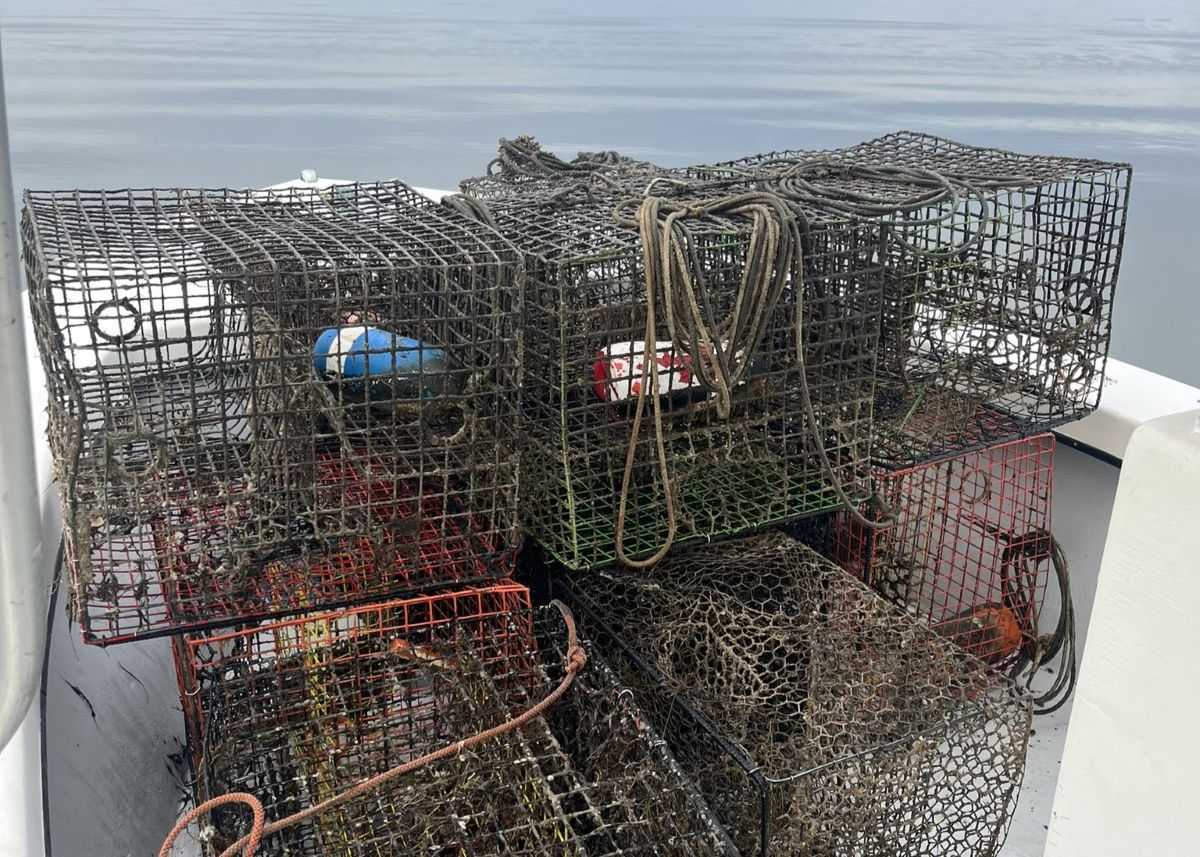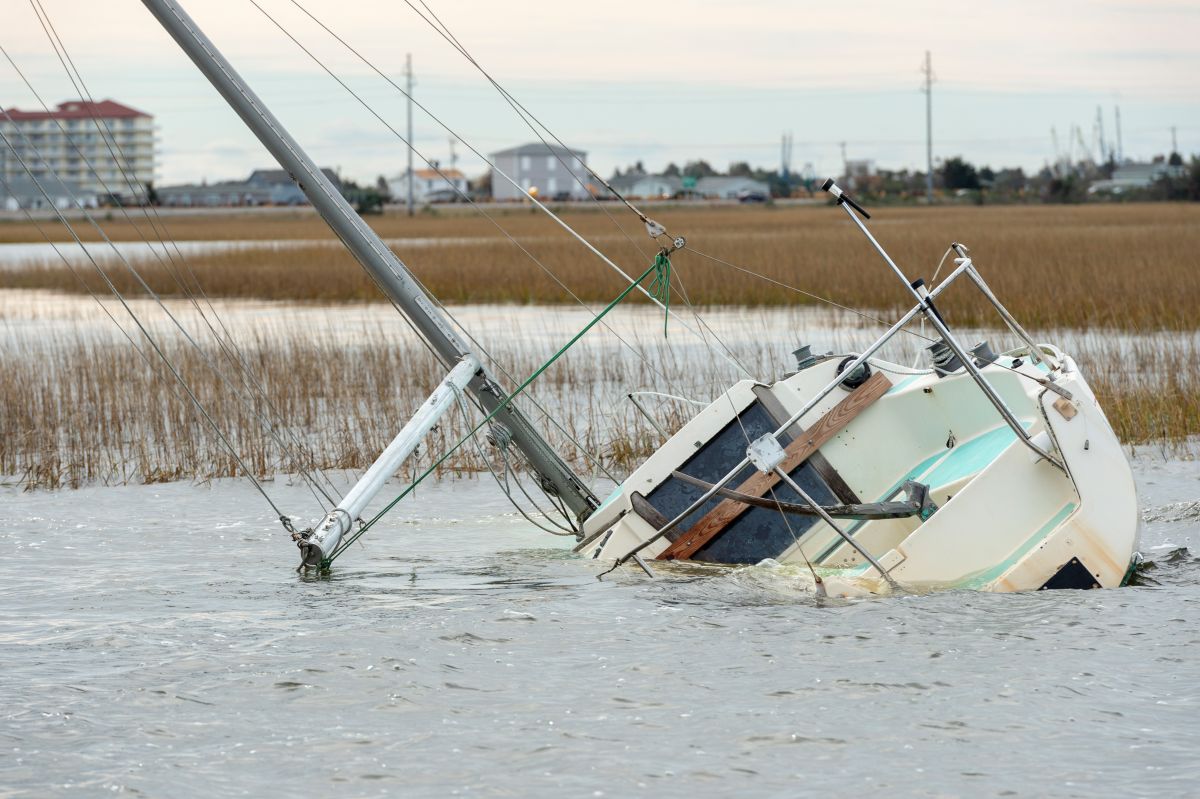
WASHINGTON, D.C. — Offshore drilling opponents are lauding the U.S. House’s approval of legislation that would block the expansion of offshore oil drilling activities, a measure that opponents say would cost American jobs and energy security.
In a 224-189 vote Friday, the House passed a package of four fiscal 2021 appropriations bills. The $36.8 billion Interior, Environment and Related Agencies funding bill includes a provision that restricts funding for the Bureau of Ocean Energy Management’s offshore oil and gas activities to only those planning areas included in the current 2017–2022 Outer Continental Shelf Oil and Gas Leasing program, published in November 2016.
Supporter Spotlight
The restriction applies to the enabling steps prior to offshore leasing, including the issuance of permits for geological and geophysical, or seismic, exploration.
“Recent reporting, statements from administration officials and President Trump’s own statements make it alarmingly clear – absent congressional action – the president intends to radically expand offshore drilling. Today’s action by U.S. House of Representatives to block offshore drilling underscores the overwhelming opposition to dirty and dangerous offshore drilling. President Trump’s plan to expand offshore drilling to nearly all U.S. waters is completely at odds with the interests of coastal communities that have the most to lose from drilling disasters. The president has not wavered in his efforts to expand drilling at a time when the last thing our coastal communities and their economies need is the added threat of a drilling disaster,” said Oceana Campaign Director Diane Hoskins.
Oceana noted that opposition to new drilling includes every East and West Coast governor, alliances totaling more than 56,000 businesses and more than 380 coastal communities. More than 120 marine scientists and 80 military leaders have also spoken out in letters to Congress and the White House opposing drilling, citing the environmental and national security threat expanded drilling poses, according to Oceana.
The National Ocean Industries Association, which represents the offshore energy industry, said the bill’s language would outsource American energy security and jobs.
“Legislation that locks away U.S. offshore oil and natural gas production will only shift domestic energy production abroad,” said NOIA President Erik Milito in a statement after the bill’s passage. “We would be outsourcing U.S. national and energy security and the jobs of the 345,000 men and women who keep American offshore energy flowing through the strongest environmental and safety standards in the world. Foreign producers, such as Russia and China’s state-backed energy companies, will be more than happy to make up that gap in production.”
Supporter Spotlight
The four spending bills include numerous provisions that Republicans and the White House see as dealbreakers, including those that would require the National Park Service to remove statues and plaques commemorating the Confederacy.
The Interior-Environment bill “represents the largest investment in our environment and our communities since 2010,” said House Appropriations Subcommittee on Interior, Environment, and Related Agencies Chair Rep. Betty McCollum who is a member of Minnesota’s Democratic-Farmer-Labor Party. “This bill moves us forward – by investing our resources in ways that keep our communities safe and healthy, investing in the protection and preservation of our landscapes and biodiversity, and investing in the arts and humanities. It also moves us in the right direction to meet the federal government’s trust and treaty responsibilities to our Native American brothers and sisters, increasing funding for Indian Health, education, and more. Finally, this bill takes steps to confront our nation’s legacy of racial injustice by removing hateful Confederate symbols from our national parks, because our public spaces must be open and inviting to all. With this bill, we are committed to investing in helping our nation combat the concurrent crises of climate change, tribal health disparities, and environmental justice. I’m proud that this bill reflects the priorities of the American people.”







